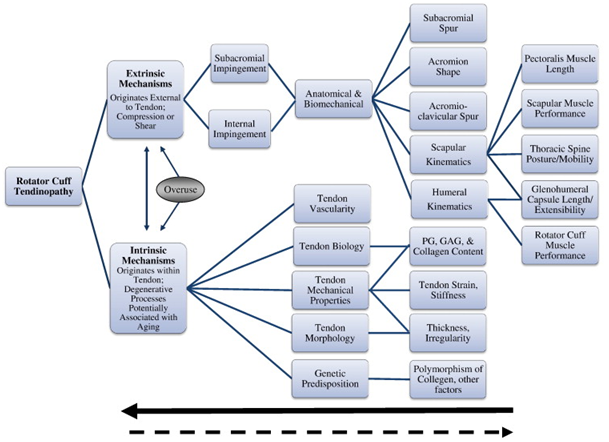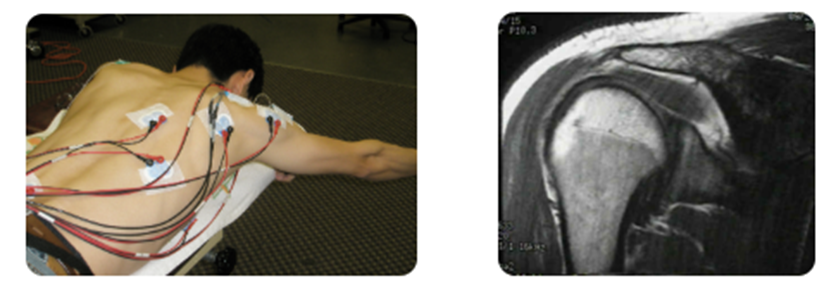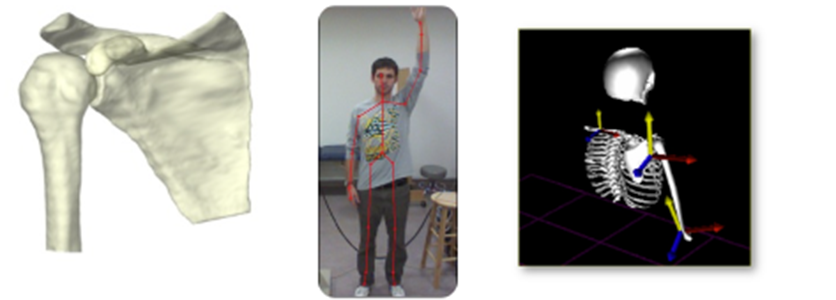Amee Seitz, PT, PhD
Musculoskeletal Biomotion Research Laboratory
The mission of the Musculoskeletal Biomotion Research Laboratory is to optimize efficacy and effectiveness of treatment for patients with upper extremity musculoskeletal (MSK) disorders related to activities of daily living, work or sport. The laboratory employs novel approaches to examine the interaction between neuromuscular and biomechanical mechanisms and underlying disease structure by utilizing advanced technologies to:
- Improve our understanding of upper extremity MSK injury and disease progression
- Improve our understanding of treatment on body structure, function, activity participation and health-related quality of life
- Investigate the utility and integration of technology to improve health-related outcomes and satisfaction for treatment of patients with MSK injury

A major focus of the lab is on rotator cuff disease as a leading cause of pain and disability that results in billions of dollars in health-related care costs each year. The underlying pathoanatomical structure of rotator cuff disease alone does not explain patient pain and loss of function, either before or after surgical treatment. A better understanding of the underlying mechanisms of shoulder pain and disability are necessary to improve treatment outcomes and reduce unwarranted healthcare costs.

The lab pursues hypothesis-driven, collaborative research in the fields of biomedical engineering, orthopedics, sports medicine, neuroscience, motor control and human movement science. Collaborations have led to projects investigating the accuracy and precision of gaming technology for use in shoulder specific virtual rehabilitation programs in the home and the potential for abnormal movement of the shoulder in the etiology of long thoracic nerve injury.
